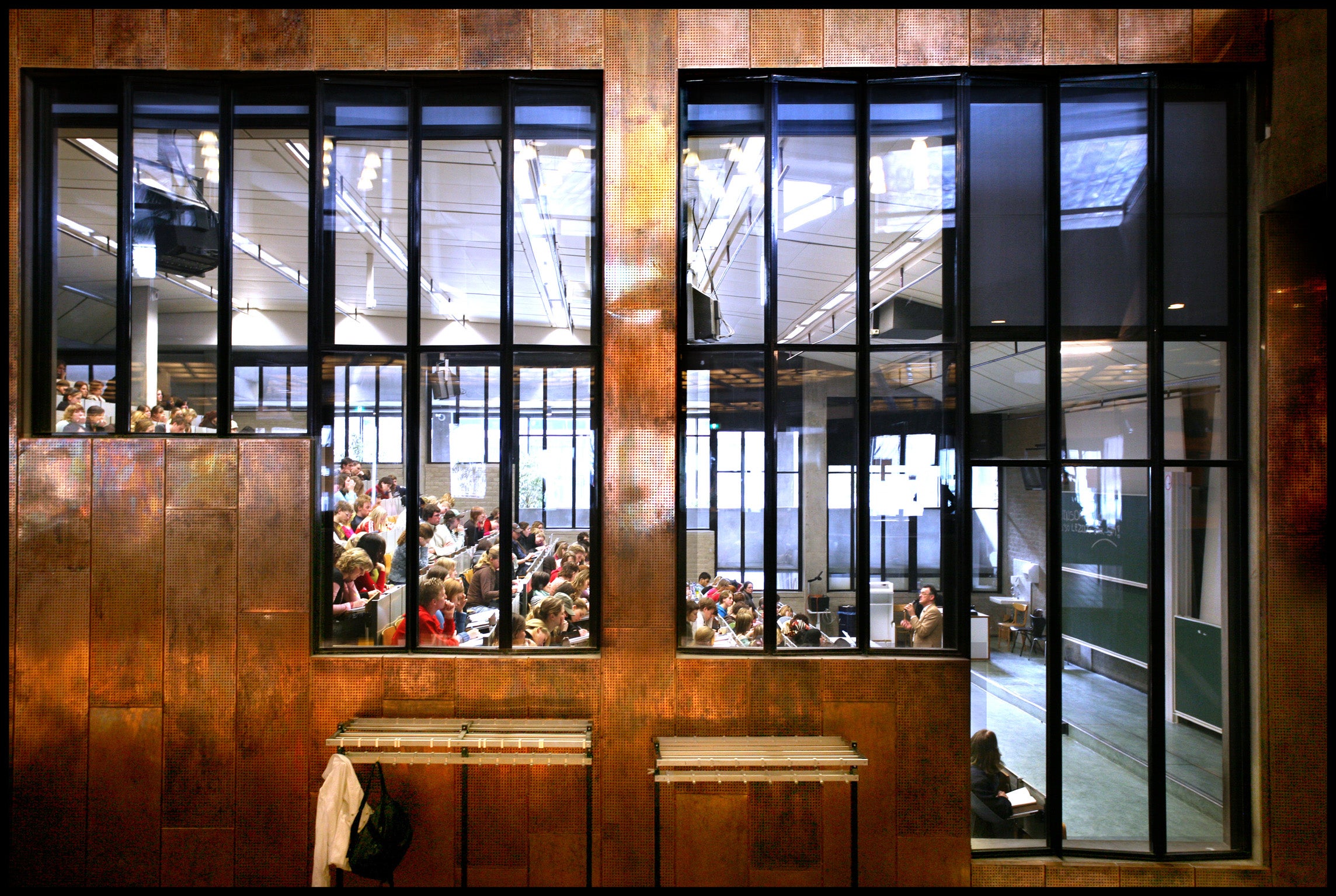Harassment, discrimination and abuse of power at Dutch universities: several instances made the media in recent years. Universities have subsequently committed to making visible and improving complaints procedures that pick up such issues. Academic research on complaints procedures tends to focus on individual experiences of filing a complaint and how universities take up those complaints. Essanhaji's research takes a different approach: it focuses on how complaint procedures handle the subject of complaints.
For Essanhaji's study, 25 current and former employees from different universities were interviewed, especially employees from groups underrepresented at the university. They shared experiences of microaggressions, exclusion, bullying, academic sabotage and sexual or physical misconduct, among others. The interviewees told whether they had filed a complaint regarding these issues and how the complaint procedure subsequently proceeded. Essanhaji used their experiences as a starting point to understand the institutional functioning of complaint procedures.
From these interviews, Essanhaji concludes that it is not possible to change the dominant structure and culture at universities through current complaint procedures. In doing so, she draws three conclusions. First, complaints are treated as incidents, thus failing to look at the underlying structures. Second, universities tend to approach complaints informally. Essanhaji: "Those with a complaint are quite often advised to 'engage in conversation' or 'resolve it among themselves'." Here, any hierarchy or institutional inequality is not recognised. Third, complaint work is seen as 'extra', something that is not part of the core tasks. As a result, only temporary solutions are often offered.
Essanhaji writes that institutions should recognise that the problem lies within the organisation and the complaints procedure should be adjusted accordingly. In addition, she believes it should be visible that complaints are collective. By taking these steps, universities can truly become diverse and inclusive work environments. "If universities really want to learn how structures exclude and how to change those structures, then there is a need to adapt the complaint practice," Essanhaji said.
Response VU Amsterdam: "Zakia Essanhaji raises very fundamental questions in her research, including how universities deal with reports and complaints from individuals in a broader context of scientific hierarchy and the dominant organisational culture. Do universities consider what triggers a complaint too much as an isolated incident, as a deviation from the desired outcome, and not enough as a result of structural processes and mechanisms? Crucial questions that we, as an academic community, are discussing. This does not alter the fact that VU Amsterdam considers it important that anyone who experiences undesirable behaviour should feel free to address it, make a report or file a complaint. In doing so, there should of course be room to also address possible systemic causes."
The research 'How (not) to complain: towards an inclusive understanding of social safety' was funded by ‘Sociaal Fonds voor de Kennissector’ (SoFoKles). Read the entire study here.
